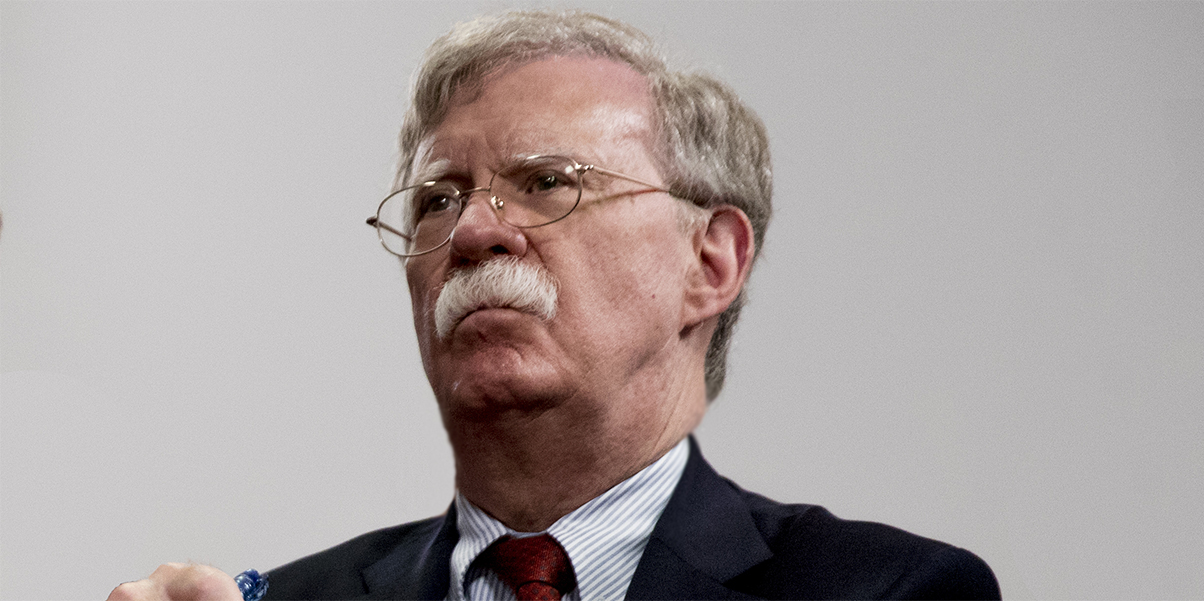SEOUL, April 25 (Reuters) Former US national security adviser John Bolton said on Tuesday that the US should put tactical nuclear weapons in South Korea to send a clear message to North Korea and fuel growing calls for the South to develop its own bombs.
Bolton’s comments come as South Korean President Yoon Suk-yeol is in Washington for a summit with U.S. President Joe Biden, in which they are expected to discuss ways to rebuild confidence in the U.S.’s comprehensive deterrent, the U.S. nuclear umbrella.
A warning to Pyongyang
As North Korea seeks to perfect its ability to strike the United States with a nuclear missile, Yoon faces questions about South Korea’s reliance on the United States for its security.
Bolton said the redeployment of US tactical nuclear weapons would be reassuring to the South Koreans while also serving as a warning to Pyongyang.
“The return of tactical nuclear weapons to the peninsula would be clear evidence of our commitment to deter North Korea,” he told reporters. Reuters During a forum Ausan Institute for Policy Studies In Seoul.
“The redeployment of tactical weapons will not prevent South Korea from acquiring its own assets, but it may give us some time to think about whether we want to do that,” he added.
Reasonable doubts
The US deployed tactical nuclear weapons to South Korea in 1958 and withdrew them in 1991. They have since vowed to use all US capabilities to protect their key Asian ally.
Yun had said during the election campaign that he would ask the US to return nuclear weapons to South Korea if necessary, but backed off after taking office in May. His defense minister, Lee Jong-sub, said in November that Seoul was not considering such a move.
Article continues after the image.
This April 14, 2023 photo provided by the North Korean government shows what is believed to be the test launch of a Hwasong-18 intercontinental ballistic missile at an undisclosed location in North Korea on Thursday, April 13, 2023. (Korea Central News Agency/Korea News Service via AP)
In an interview Reuters Last week, Yoon said developing nuclear weapons would violate the Global Non-Proliferation Treaty, but said he was working to increase Seoul’s role in America’s expanded deterrence.
Bolton said South Koreans’ misgivings about an expanded U.S. deterrence are “absolutely legitimate,” but if the country chooses to develop its own weapons, it could undermine the global nonproliferation regime and trigger a regional nuclear race.
Collective defense
Seoul, Washington and Tokyo may instead explore a trilateral nuclear consultative mechanism. Atomic Energy Planning Commission NATO, or create a broader “collective defense” group that Taiwan could be a part of, he said.
“South Korea could help establish a collective defense structure more broadly in East Asia or the Indo-Pacific,” Bolton said. “The more people can look at their mutual interests, not just on the nuclear side, but also against threats from countries like China and North Korea, the safer we all are.”







